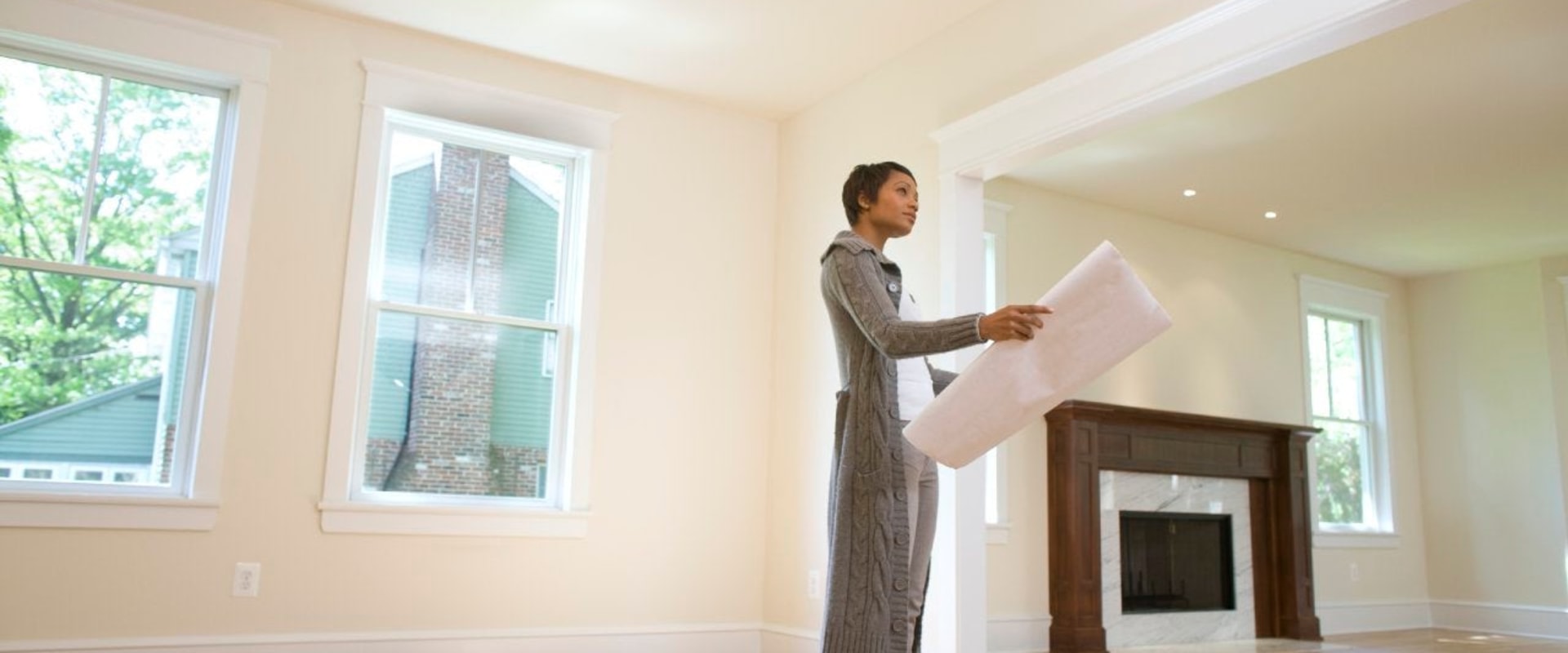When you apply for a mortgage, the lender’s primary concern is ensuring that the property is worth the amount you’re borrowing. That’s where the appraisal comes in—a critical part of the loan approval process that determines the market value of the home. Lenders use appraisals to mitigate risk, making sure they’re not lending more than the property is worth. This protects the lender in case of default, ensuring the home can be sold to recoup losses. For buyers, understanding how a lender appraises a home can help clarify how loan amounts are set and what to expect if the appraisal comes in lower than the purchase price. Whether you're buying a personal residence, refinancing, or exploring options like a property for sale in Wellington, the appraisal process remains a consistent and important step in securing financing.
Step One: Hiring a Licensed Appraiser
The appraisal process begins with the lender selecting a licensed or certified appraiser. Importantly, this appraiser must be independent and impartial, with no stake in the sale of the property. This ensures objectivity in the valuation and compliance with federal regulations. In most cases, lenders work with third-party appraisal management companies (AMCs) to assign an appraiser, rather than allowing borrowers or real estate agents to choose their own. This safeguards the integrity of the process and ensures that appraisals are fair and unbiased.
Step Two: On-Site Property Inspection
Once assigned, the appraiser schedules a visit to the property to conduct a physical inspection. This on-site assessment is critical, as it allows the appraiser to evaluate the home's condition, layout, and any unique features that might affect value. During the inspection, the appraiser looks at the square footage, number of bedrooms and bathrooms, quality of construction, appliances, roof and HVAC condition, and any recent upgrades or renovations. They also take photographs and document any issues that could impact the home’s livability or require costly repairs. This physical inspection forms the foundation of the appraisal report and helps the appraiser determine how the home stacks up against similar properties in the area.
Step Three: Market Analysis and Comparable Sales
After the site visit, the appraiser conducts a market analysis using a method called the “sales comparison approach.” This involves researching comparable homes—often referred to as “comps”—that have recently sold in the same area, typically within the last six months. These properties should be similar in size, age, location, and features. The appraiser analyzes differences between the subject property and the comps, adjusting the estimated value accordingly. For example, if a comparable home sold for $400,000 but has a renovated kitchen while the subject property does not, the appraiser may deduct value to reflect the disparity. Conversely, if the subject home has a larger lot or finished basement, those features might increase its value relative to the comps.
Step Four: Determining Final Market Value
Once all the data has been gathered, the appraiser uses it to determine the fair market value of the home. This value reflects what a typical buyer would likely pay under current market conditions. The final figure is documented in an appraisal report, which includes a detailed summary of the findings, including the comps used, the condition of the home, the neighborhood’s market trends, and the reasoning behind the valuation. This report is then sent to the lender, who uses it to decide whether to proceed with the loan, request changes to the terms, or deny the application altogether if the appraisal is too low.
What Happens if the Appraisal Comes in Low?
If the appraisal comes in below the purchase price, it can complicate the transaction. Lenders won’t lend more than the home is worth, which means buyers may need to renegotiate with the seller, come up with additional funds to cover the shortfall, or walk away from the deal. In some cases, the buyer can contest the appraisal by providing additional comps or requesting a second opinion. For sellers, pricing a home appropriately from the start—and being aware of comparable sales—is key to avoiding surprises during this step of the process.
Conclusion: A Crucial Step in the Buying Journey
The appraisal process is essential for both lenders and buyers, ensuring that the home’s value supports the loan amount and safeguarding against financial loss. By conducting a thorough physical inspection, analyzing recent sales data, and adjusting for differences, appraisers provide a professional opinion of value that guides mortgage approvals and real estate negotiations.




